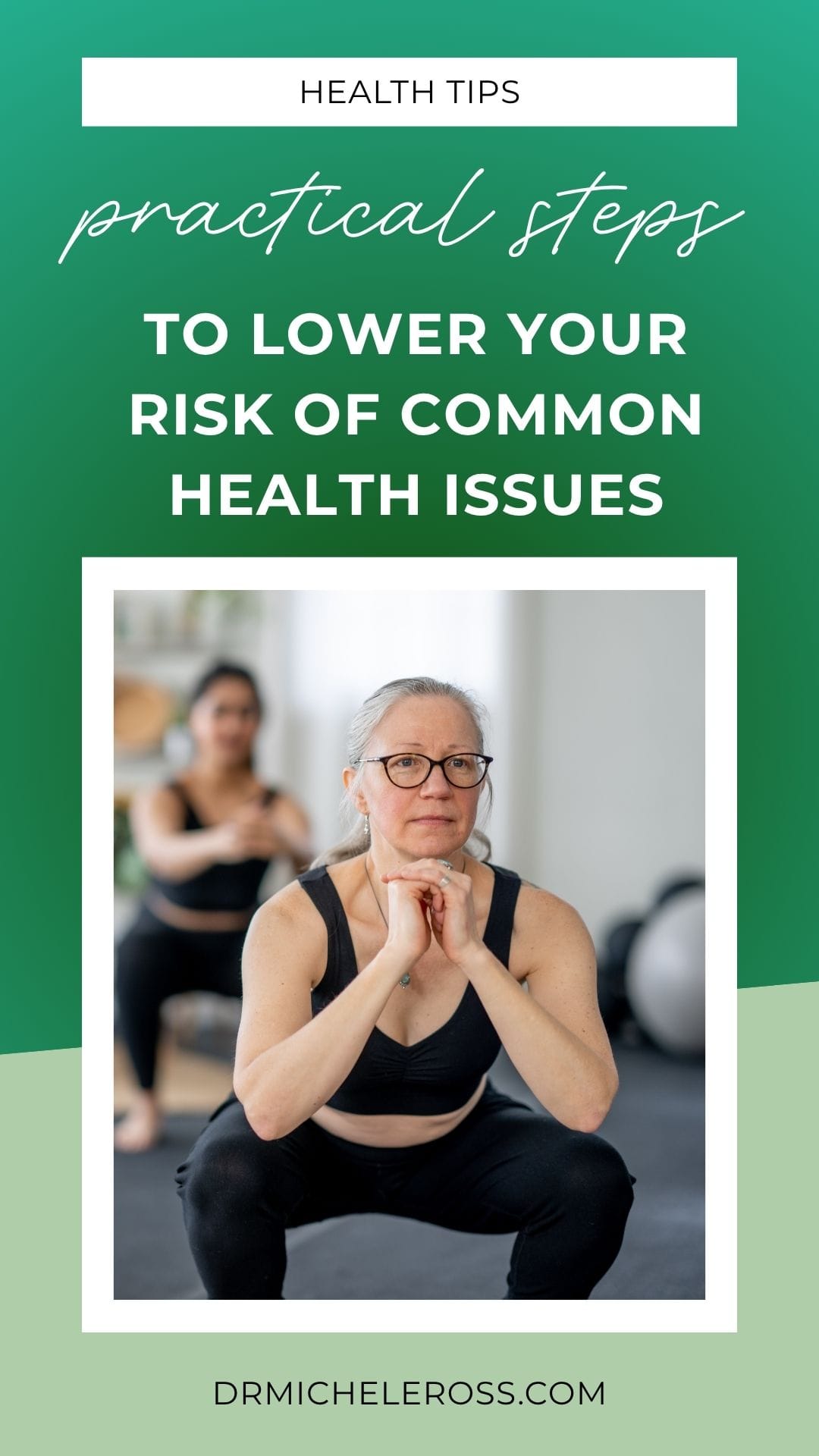
Nobody will go through life without getting sick, but it is possible to reduce health risks. Small steps often make a big difference when it comes to protecting against common ailments and staying fit and healthy. In this guide, we’ll outline some practical steps you can take to lower risks today.
Understand risk factors
Risk factors are factors that increase the chances of developing certain infections, illnesses, or diseases. If you have risk factors, this doesn’t necessarily mean that you’ll get that condition. It simply means that the risk is higher than the average person. Understanding risk factors is beneficial for everyone. It’s helpful to know if you’re at greater risk of specific infections or conditions, as this can help you be more mindful of your lifestyle choices and be aware of symptoms and signs to look out for.
You can find out about risk factors from healthcare professionals or reputable online websites, guides, and resources. From cardiovascular disease risk factors, such as high blood pressure, high cholesterol, smoking, and a sedentary lifestyle, to shingles risk factors, including previous chickenpox infection, age, and a compromised immune system, it’s beneficial to do some research.
Trustworthy websites have articles and guides dedicated to diseases and infections. You can learn about conditions that affect family members or find out more about infections if you have new symptoms.
Prioritize your health and well-being
Making your health a priority can have a dramatic effect on your body and mind. The best way to do this is to focus on improving your health by mastering the basics of self-care for better mental and physical well-being. These include getting high-quality sleep, managing stress, exercising regularly, and enjoying a healthy, balanced diet.
Rest and recover
Sleep is essential for allowing your body to relax, recover, and undergo critical repairs and restorative processes. If you don’t get enough sleep or you’re prone to sleep troubles, try self-help rituals. These include creating a soothing, serene bedroom, relaxing before you go to bed, avoiding devices, and getting into the habit of going to sleep and getting up at the same time every day.
Good sleep is also a critical component of effective stress management. Meditation, exercise, talking about how you feel, creative activities, hobbies, and spending time outside are also beneficial.
Get moving
Exercise and eating well are fundamental to good health. Try to ensure you do at least 150 minutes of moderate exercise per week and plan a nutritious menu. If you’re unsure where to start with healthy eating, search for recipes online, follow healthy food social media accounts, and seek advice from your doctor or a dietitian. You can also use food diary apps to analyze nutritional information and make changes to your diet.
It’s not possible to prevent every infection, disease, or illness, but being proactive in lowering risks can have a big impact on your health. Practical steps include understanding and identifying risk factors, and putting your health first by prioritizing good-quality sleep, healthy eating, regular exercise, and effective stress management.
Pin This Post





